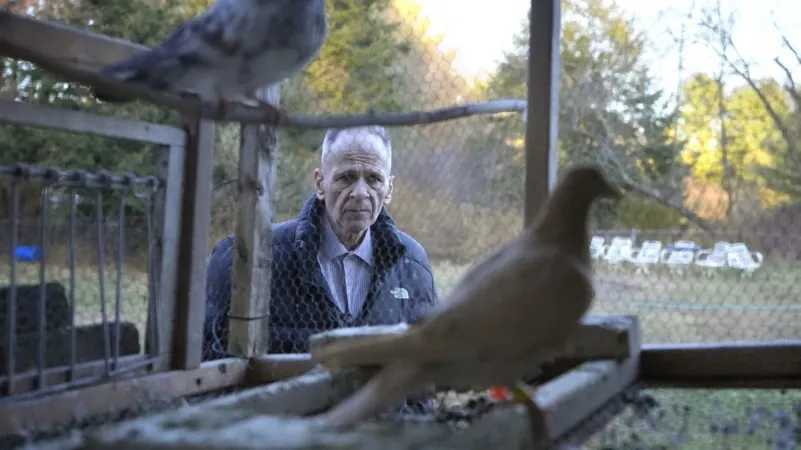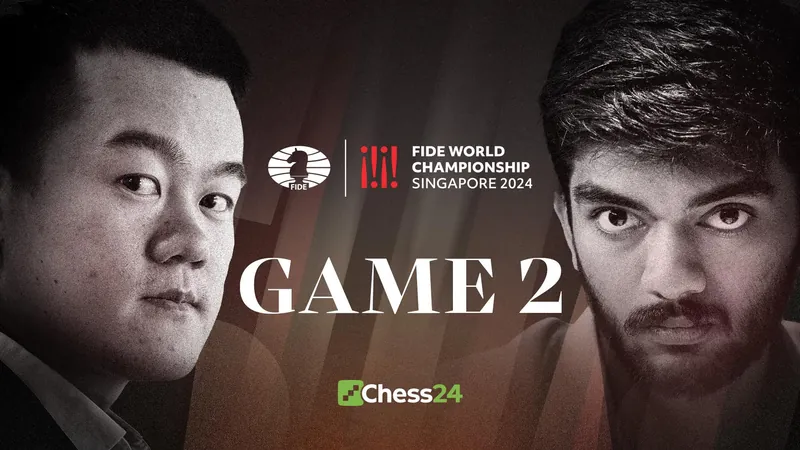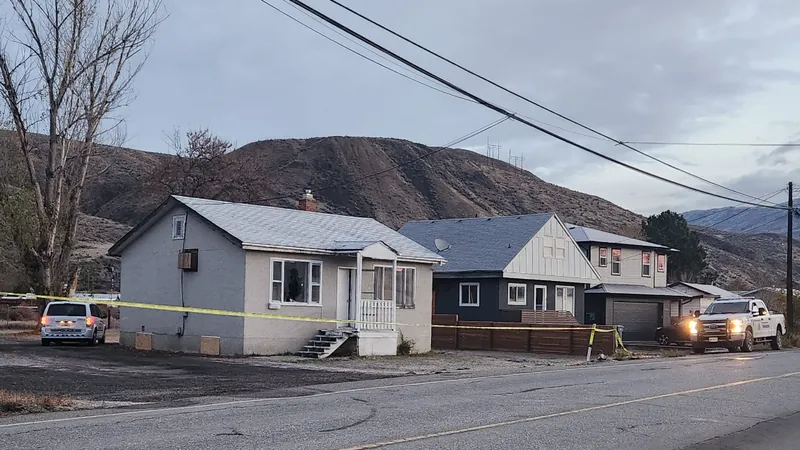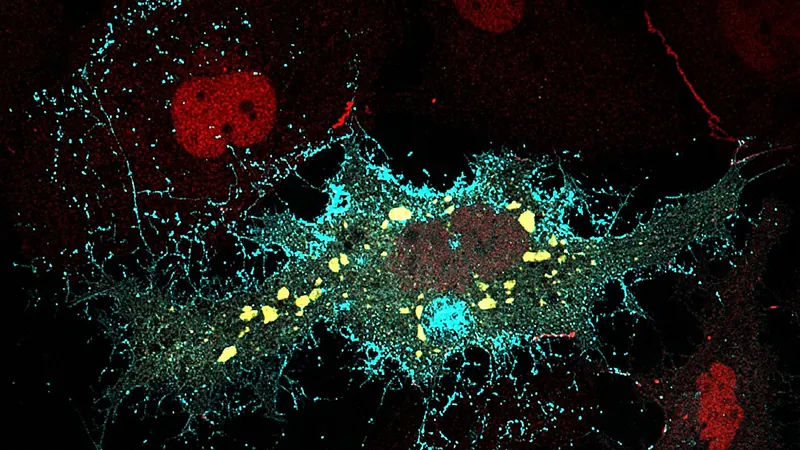
Massachusetts Man Wrongfully Convicted of Murder Awarded $13 Million – But Not Without Complications
2024-11-27
Author: Jacob
Introduction
Imagine spending nearly three decades behind bars for a heinous crime you didn’t commit; that's the heartbreaking reality for 64-year-old Michael Sullivan. After enduring unimaginable hardship, including the loss of his mother and siblings, and suffering brutal attacks in prison, justice has finally come knocking at his door.
Recent Developments
Earlier this month, a Massachusetts jury officially declared Sullivan innocent of the 1986 murder and robbery of Wilfred McGrath, granting him a substantial award of $13 million. However, under state law, those wrongfully convicted are capped at receiving only $1 million. The jury also revealed that a state police chemist had provided false testimony during the initial trial, although this testimony was not the sole reason for Sullivan’s conviction.
Systemic Issues
Sullivan's case fits into a disturbing pattern of wrongful convictions that have recently been overturned in Massachusetts, a troubling reminder of flaws within the justice system.
Sullivan's Reaction
Expressing his relief, Sullivan stated, 'The most important thing is finding me innocent of the murder, expunging it from my record. The money, of course, will be very helpful to me.' However, a spokesperson for the Massachusetts attorney general hinted at the possibility of an appeal, saying, 'We respect the jury’s verdict and are evaluating whether an appeal is appropriate.'
Background of the Case
The tragic story began in 1987 when Sullivan was wrongfully convicted following the brutal murder of McGrath, whose body was discovered behind an abandoned supermarket. Investigators initially zeroed in on Sullivan after learning that his sister had spent time with McGrath the night before the murder. A co-defendant, Gary Grace, implicated Sullivan to gain a plea deal which significantly lessened his own charges.
Life in Prison
Throughout the years in prison, Sullivan faced numerous perils, including severe physical violence. Not only did he navigate life as a convicted murderer, but he also struggled to gain any skills for the future, as the prison system denied him access to educational programs.
DNA Evidence
His fate took a turn in 2011 when advances in DNA testing finally gave Sullivan a glimmer of hope. The analysis concluded that no blood from McGrath was present on the jacket that had been a pivotal piece of evidence against him. This revelation contradicted the prosecution's argument that Sullivan had beaten McGrath to death, a claim they emphasized throughout trial proceedings.
Post-Release Challenges
After a new trial was ordered in 2012, Sullivan was finally freed in 2013. His release, however, came with challenges. Living life outside prison proved to be a daunting task for Sullivan, who found himself struggling to adjust to a world that had drastically changed during his years of incarceration. He expressed feelings of isolation and fear, stating, 'I don’t go nowhere. I’m scared all the time... I'm pretty much a loner.'
Family Support
Michael’s family played an essential role in his endurance, with his sister Donna Faria steadfastly supporting him throughout his ordeal. 'We never for a minute believed that he killed McGrath,' she shared, reflecting on the emotional toll this entire experience had exacted on their family. The ripple effects of his wrongful conviction led to missed milestones, as Michael expressed sorrow for not having kids or a typical family life like his siblings.
Looking Ahead
In a bittersweet twist, Sullivan, despite being awarded damages, contemplates a cautious future. He hopes to treat himself to a truck while primarily saving the funds to ensure a future for his nieces and nephews. He desires to provide them with a safety net when they turn 21, reflecting on the importance of family in his new reality.
Healing Journey
As he continues to grapple with the trauma of his wrongful conviction, Sullivan is also seeking therapy and educational support, hoping to reclaim some semblance of normalcy in a world that feels foreign. 'The most important thing is my nieces and nephews – taking care of them,' he emphasized, shifting focus onto the next generation.
Conclusion
For Michael Sullivan, the fight may be over, but the journey toward a healing and fulfilling life is just beginning.









 Brasil (PT)
Brasil (PT)
 Canada (EN)
Canada (EN)
 Chile (ES)
Chile (ES)
 España (ES)
España (ES)
 France (FR)
France (FR)
 Hong Kong (EN)
Hong Kong (EN)
 Italia (IT)
Italia (IT)
 日本 (JA)
日本 (JA)
 Magyarország (HU)
Magyarország (HU)
 Norge (NO)
Norge (NO)
 Polska (PL)
Polska (PL)
 Schweiz (DE)
Schweiz (DE)
 Singapore (EN)
Singapore (EN)
 Sverige (SV)
Sverige (SV)
 Suomi (FI)
Suomi (FI)
 Türkiye (TR)
Türkiye (TR)